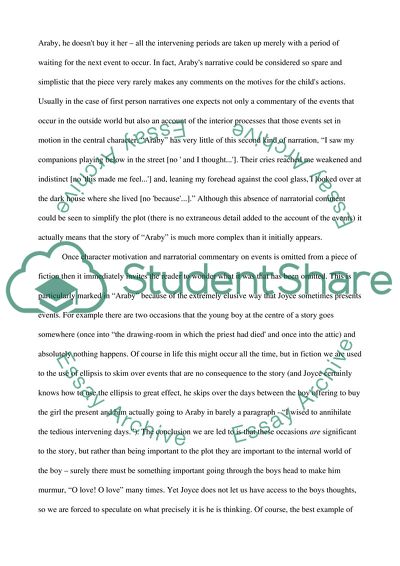Cite this document
(James Joyce's Araby from Dubliners Book Report/Review, n.d.)
James Joyce's Araby from Dubliners Book Report/Review. Retrieved from https://studentshare.org/literature/1702984-literary-analysis-of-james-joyces-araby
James Joyce's Araby from Dubliners Book Report/Review. Retrieved from https://studentshare.org/literature/1702984-literary-analysis-of-james-joyces-araby
(James Joyce'S Araby from Dubliners Book Report/Review)
James Joyce'S Araby from Dubliners Book Report/Review. https://studentshare.org/literature/1702984-literary-analysis-of-james-joyces-araby.
James Joyce'S Araby from Dubliners Book Report/Review. https://studentshare.org/literature/1702984-literary-analysis-of-james-joyces-araby.
“James Joyce'S Araby from Dubliners Book Report/Review”. https://studentshare.org/literature/1702984-literary-analysis-of-james-joyces-araby.


